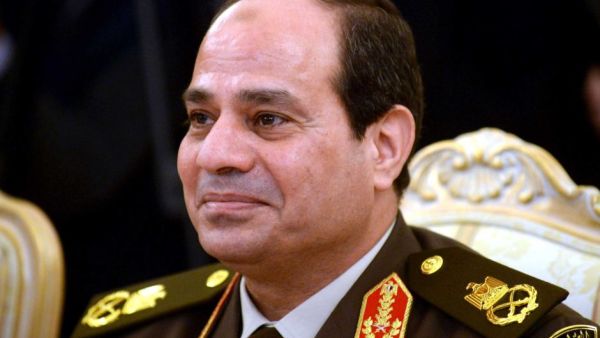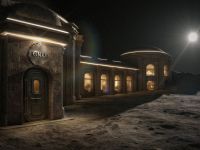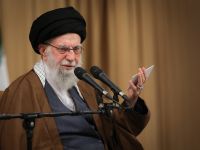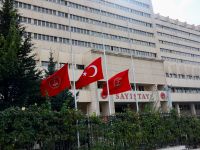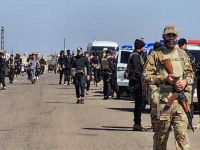Egyptian President Abdel-Fattah El-Sisi has opened the Gaza aid conference by emphasising that ending the Israel-Palestine conflict is a duty to the next generation.
El-Sisi described the conference in Cairo as "an inevitable step,'' and praised international leaders for "accepting the invitation" and attending such a gathering in order to "assert our solidarity with the Palestinian people in its crisis."
"We assert at today's conference our support for the Palestinians and their legitimate government so they can rebuild the Gaza Strip, which represents a crucial part of Palestine," he added.
Egypt made "tireless efforts" to conclude a Palestinian-Israeli ceasefire agreement during the recent Israeli offensive.
The president said these endeavours had continued even after the announcement of an armistice deal as Egypt had backed the implementation of the agreed terms and conditions.
He also stated that Cairo had worked to end inter-Palestinian divisions and return the Palestinian Authority (PA) to Gaza in order to "emphasise the unity of the Palestinian territories."
Egypt has provided humanitarian support to the Palestinian people in Gaza, El-Sisi said.
"We will continue to back the Palestinian cause, accentuate its importance and make it a priority for the Arab world," he stated.
"Egypt is working to end the tragic conditions in Gaza by fulfilling the needs of its people. This can happen through a permanent truce and the PA's governance of the Strip."
El-Sisi underlined the need for a "just and comprehensive settlement" to the Palestinian-Israeli conflict.
"There is no alternative to such a settlement for the Palestinians."
Israel's people and government must "end the conflict," he added.
"That [ending the conflict] is our duty towards the coming generation, and we hope the results of this conference can meet the ambitions of the Palestinians."
"We have supported all previous efforts for peace in the Middle East, and we appreciate the efforts of the United States for Palestinian-Israeli peace that failed last April," El-Sisi concluded.
The conference is being attended by more than 30 foreign ministers under joint Egyptian-Norwegian leadership.
More than 50 national delegations and around 20 representatives from regional and international organizations are present. Palestinian President Mahmoud Abbas, US Secretary of State John Kerry, UN Secretary General Ban Ki-moon and EU foreign policy Chief Catherine Ashton are also in attendance.
A briefing will follow the conference to announce financial contributions to Gaza.
An Egyptian-brokered ceasefire between the Palestinian factions and Israel in late August ended a fifty-day Israeli assault on the Gaza Strip. Nearly 2,200 Palestinians were killed during the offensive, in addition to more than 12,000 injured. On the Israeli side, 73 were killed, mostly soldiers.
The Palestinian government has issued a 76-page document with a plan for Gaza's reconstruction. It calls for $4 billion to rebuild the enclave, with most of the amount devoted to building houses for roughly 100,000 homeless people.
Ahead of the international gathering, the Palestinian unity government arrived in Gaza on Thursday for a 24-hour visit, the first by a joint Hamas-Fattah delegation since the rival groups ended years-long tensions.
During a press conference held by the Palestinian premier on Thursday, Rami Al-Hamdallah, an independent political figure, asserted that "returning safe and normal life" to Gaza and "full unification between the occupied West Bank and East Jerusalem" represent the unity government's key priorities.


